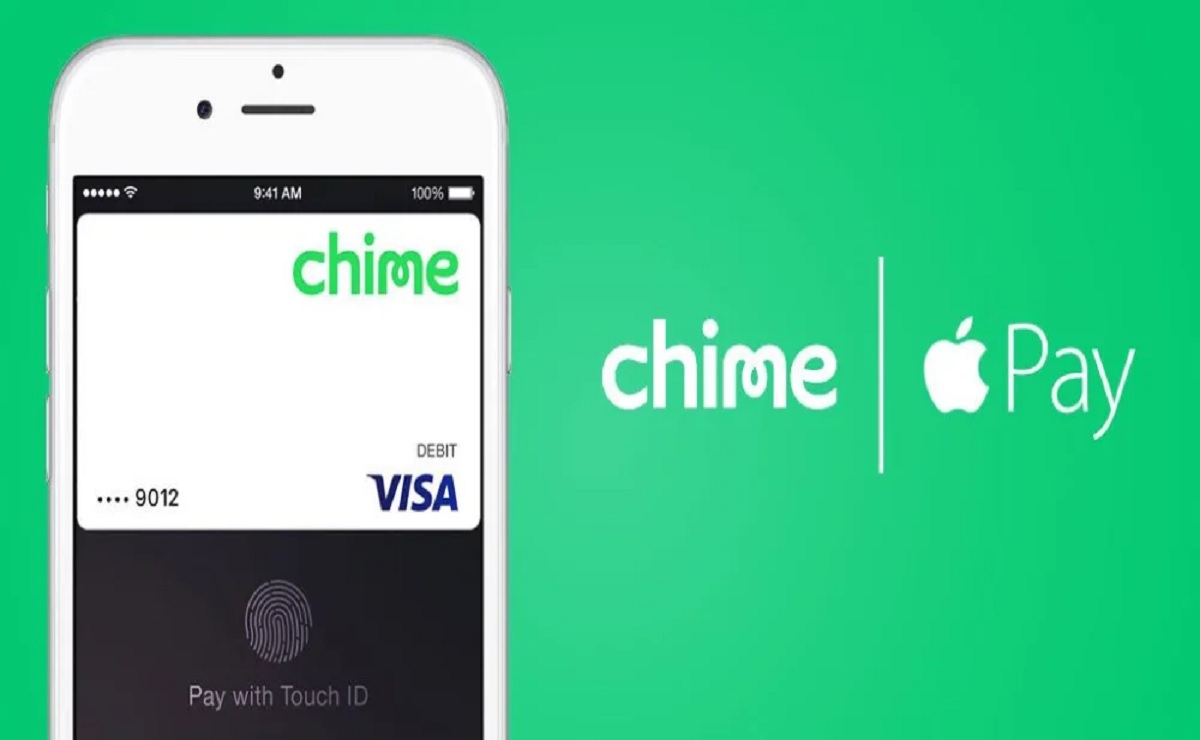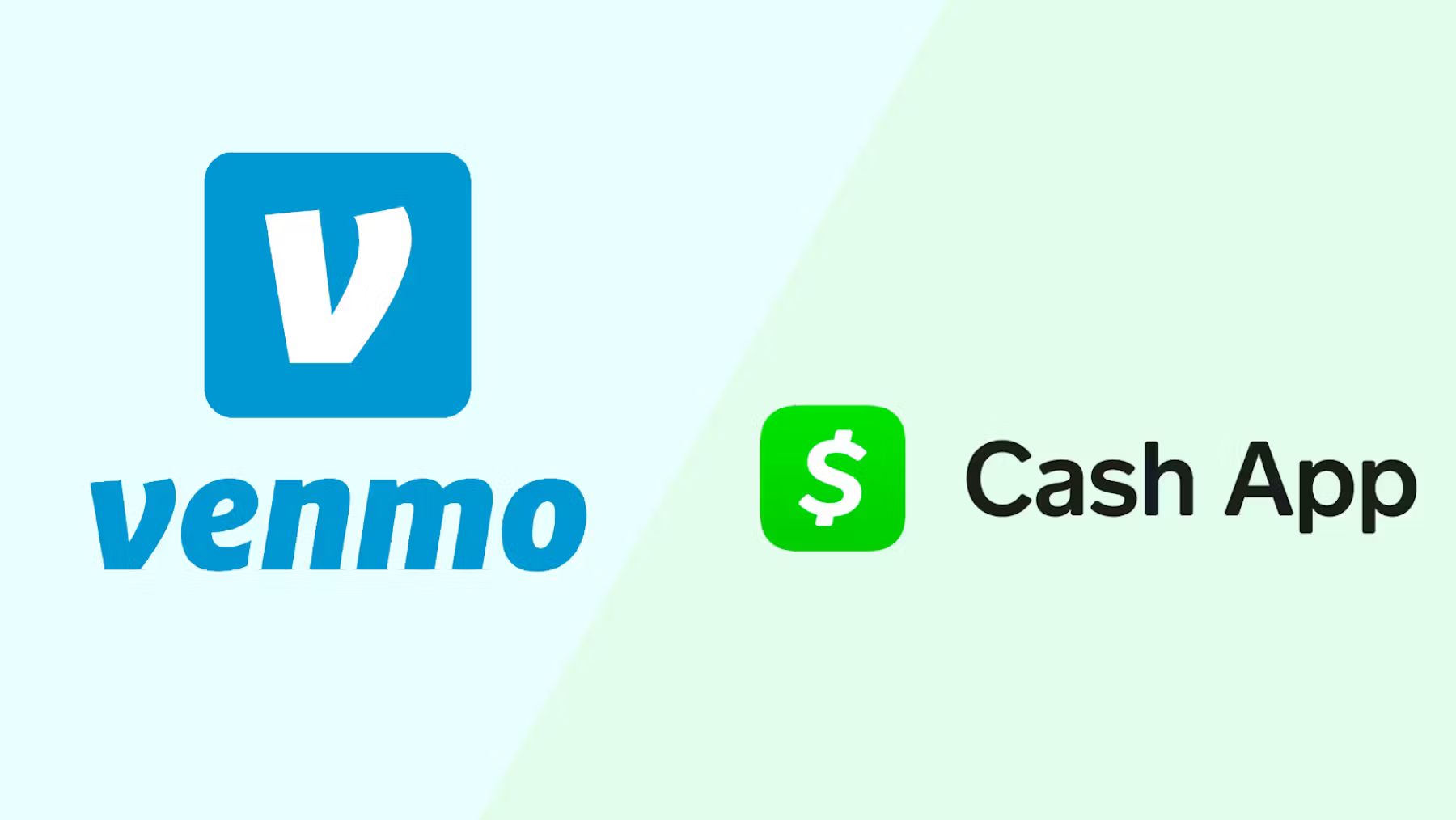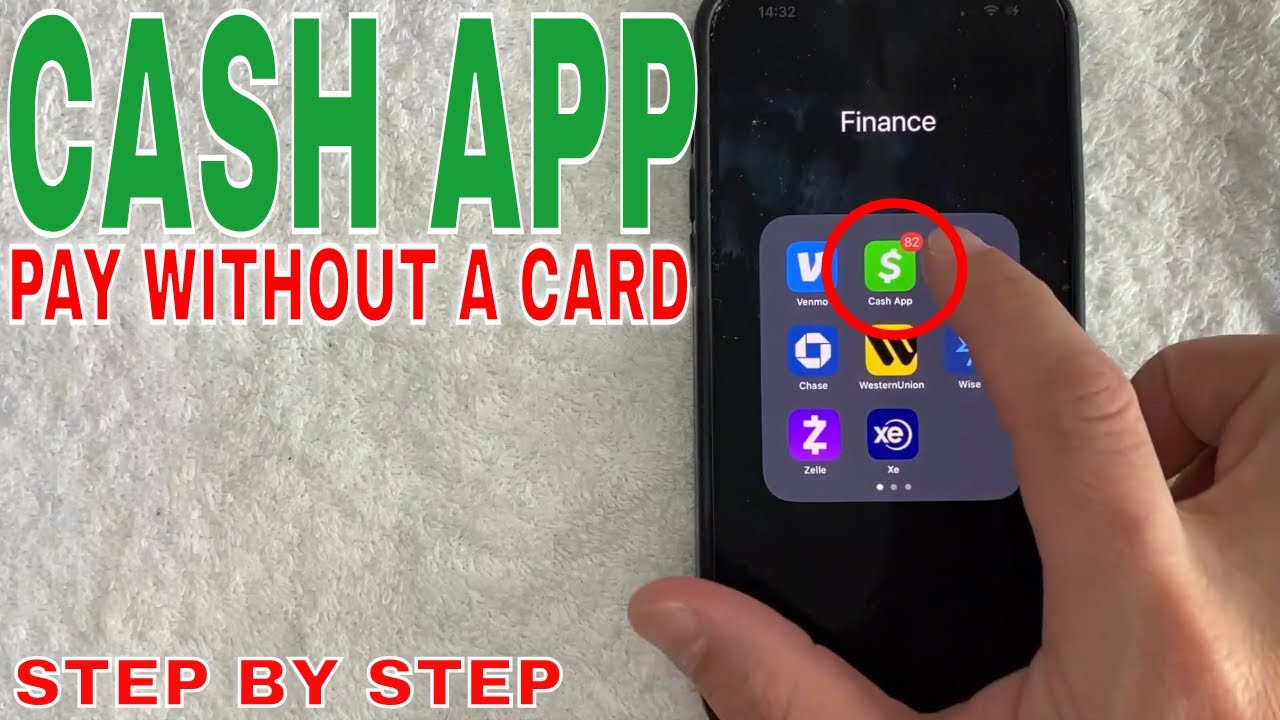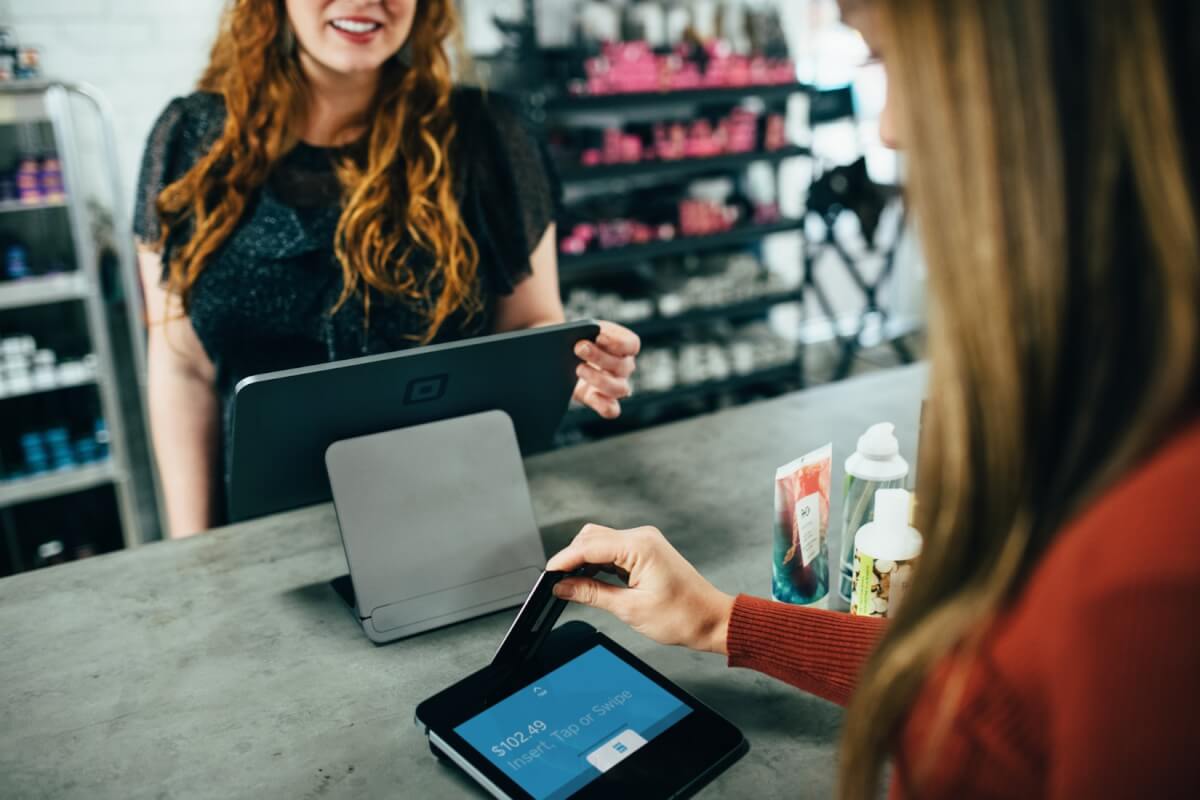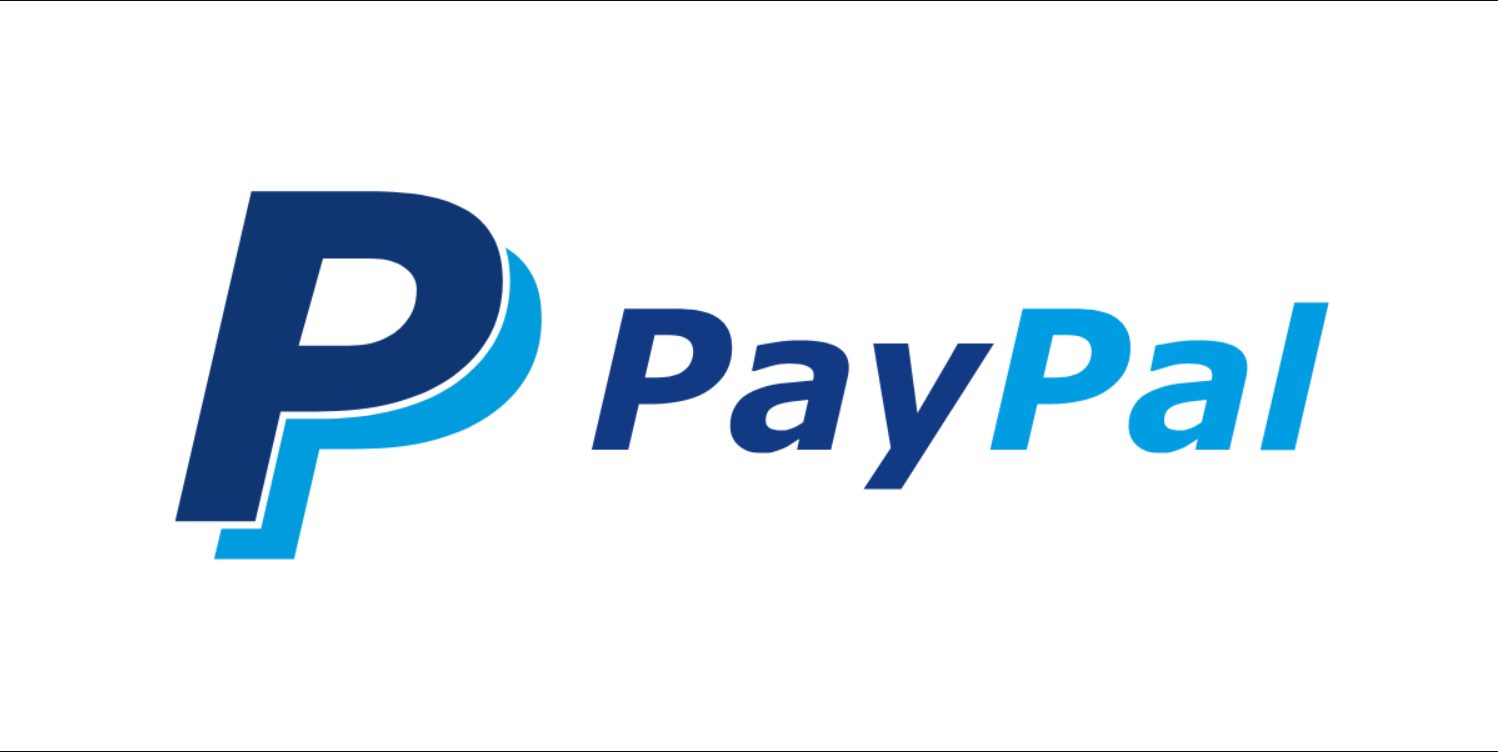What are Prepaid Cards?
Prepaid cards are a type of payment card that allows users to load funds onto the card in advance. These cards are not linked to a traditional bank account or credit line, making them a popular choice for individuals who want to manage their spending or have limited access to banking services.
Unlike credit cards, which allow users to borrow money up to a predetermined credit limit, prepaid cards are funded by the cardholder. This means that you can only spend the amount of money that has been loaded onto the card. Once the prepaid balance is depleted, the card can be reloaded with additional funds, providing a convenient and controlled way to manage your finances.
Prepaid cards can be used for various purposes, such as making purchases online or in-store, withdrawing cash from ATMs, or even paying bills. The versatility of these cards makes them a great option for individuals who do not want to carry large amounts of cash or those who prefer not to use their credit or debit cards for certain transactions.
One of the key advantages of prepaid cards is that they do not require a credit check or a bank account, making them accessible to a wide range of individuals, including those with limited credit history or no traditional banking relationship. Additionally, prepaid cards can help users stay within their budget since they are only able to spend the amount of money that has been loaded onto the card.
It is important to note that prepaid cards are not protected by the same regulations and consumer protections as credit cards. Therefore, it is essential to choose a reputable prepaid card provider and carefully review the terms and conditions associated with the card before making a decision.
In the next section, we will explore Cash App and how prepaid cards can be used with this popular peer-to-peer payment service.
What is Cash App?
Cash App is a mobile payment service developed by Square Inc. that allows users to send and receive money from friends, family, and businesses. With over 36 million active users, Cash App has become a popular choice for instant money transfers and peer-to-peer transactions.
One of the key features of Cash App is its simplicity. It offers a user-friendly interface that makes it easy for anyone to send or receive money with just a few taps on their smartphone. Users can link their debit card, credit card, or bank account to their Cash App account, allowing them to fund their transactions quickly and conveniently.
Aside from person-to-person payments, Cash App also offers additional functionalities. Users can use the app to buy and sell bitcoin, invest in stocks, and even get a Cash App debit card, which enables them to make purchases with their Cash App balance directly. This makes Cash App a comprehensive financial tool that goes beyond simple money transfers.
Cash App also offers other features that enhance the user experience. For example, users can create a unique username, known as a $Cashtag, which others can use to easily send them money. Furthermore, the app provides a customizable Cash Card, a free Visa debit card linked to the user’s Cash App account, which can be used for in-store and online purchases.
Security is a top priority for Cash App. The platform uses encryption technology to protect users’ financial information and has implemented features such as fingerprint authentication and two-factor authentication for added account security.
Overall, Cash App provides a convenient and efficient way to send, receive, and manage money. Its user-friendly interface, additional features such as investing and bitcoin purchasing, and robust security measures have contributed to its popularity among users.
In the next section, we will explore the benefits of using prepaid cards with Cash App.
Benefits of Using Prepaid Cards with Cash App
Using prepaid cards with Cash App offers several advantages that can enhance your financial management and convenience. Here are some key benefits:
1. Security: When you link a prepaid card to Cash App, you are not providing direct access to your bank account or credit card. This adds an extra layer of security, as your personal and financial information is not exposed during transactions. Additionally, if your prepaid card is lost or stolen, you can easily report it and protect your funds.
2. Budgeting and Control: Prepaid cards are an excellent tool for budgeting and controlling your spending. You can load a specific amount of money onto the prepaid card and use it exclusively for your Cash App transactions. This helps you stay within your budget and avoid overspending.
3. Separation of Funds: By using a prepaid card specifically for Cash App, you can keep your funds separate from your primary bank account or credit card. This can be particularly beneficial if you want to have a clear distinction between your personal expenses and your Cash App transactions.
4. Accessibility: Prepaid cards provide access to Cash App for individuals who may not have a traditional bank account or credit card. This includes teenagers, individuals with poor credit history, or those who prefer to have a separate financial tool for their Cash App transactions.
5. Added Privacy: When you use a prepaid card with Cash App, your transactions are not directly linked to your personal bank account or credit card statements. This offers an additional level of privacy, as your Cash App transactions will not be visible within your regular banking activities.
6. Seamless Integration: Cash App is designed to smoothly integrate with both debit cards and credit cards. This means that using a prepaid card with Cash App will not affect your ability to send or receive money, make purchases, or use any of the app’s additional features.
By leveraging these benefits, using a prepaid card with Cash App can provide a secure, convenient, and efficient way to manage your money and make transactions.
In the next section, we will discuss the factors to consider when choosing a prepaid card for Cash App.
Factors to Consider when Choosing a Prepaid Card for Cash App
When selecting a prepaid card to use with Cash App, there are several important factors to consider. These factors will ensure that you choose a card that aligns with your financial needs and provides a seamless experience with the app. Here are some key considerations:
1. Card Issuer: It is crucial to choose a reputable and trustworthy card issuer. Look for well-established financial institutions or prepaid card providers with a solid track record. Research the company’s reputation, customer reviews, and security measures to ensure your funds are safe.
2. Fees and Charges: Pay attention to the fees associated with the prepaid card. Different cards may have varying fee structures, including monthly maintenance fees, transaction fees, ATM withdrawal fees, or reload fees. Consider your usage patterns and select a card with fees that align with your needs.
3. Reload Options: Check the available options for loading funds onto the prepaid card. Some cards may allow direct deposits, bank transfers, or cash reloads at participating retailers. Choose a card that offers convenient and accessible reload options for your needs.
4. Card Limits: Review the card’s limits for daily spending, ATM withdrawals, and maximum balances. Ensure that the limits are suitable for your spending habits and potential cash flow needs.
5. Compatibility with Cash App: Not all prepaid cards are compatible with Cash App. Before choosing a card, check the list of supported cards on the Cash App website or contact their customer support. Verify that the card you are considering can be linked to your Cash App account.
6. Additional Features: Some prepaid cards offer additional features like cashback rewards, purchase protection, or savings programs. Consider these extra benefits and determine if they align with your preferences and financial goals.
7. Customer Support: Look for a prepaid card provider with reliable customer support. This is important in case you encounter any issues or have questions about your card or Cash App integration. Check if the provider offers multiple support channels such as phone, email, or live chat.
8. Card Safety and Security: Verify the security measures implemented by the prepaid card issuer to protect your funds and personal information. Look for features such as fraud protection, transaction monitoring, and the ability to lock or freeze the card if it is lost or stolen.
Considering these factors will help you make an informed decision and choose a prepaid card that seamlessly integrates with Cash App while meeting your financial needs.
In the next section, we will explore the prepaid cards that are compatible with Cash App.
Prepaid Cards that are Compatible with Cash App
Cash App supports a variety of prepaid cards that can be linked to your account for seamless transactions. Here are some prepaid cards that are compatible with Cash App:
- Cash App Card: The Cash App Card is a prepaid card offered directly by Cash App. It can be ordered through the app and is linked to your Cash App balance. The card can be used for in-store and online purchases, as well as ATM withdrawals.
- Visa and Mastercard Prepaid Cards: Cash App accepts prepaid cards issued by Visa and Mastercard. These cards can be obtained from various financial institutions, including banks and credit unions. Make sure to check with the card issuer if their prepaid cards are compatible with Cash App.
- Netspend Prepaid Card: Netspend offers prepaid cards that are compatible with Cash App. These cards can be easily linked to your Cash App account, allowing you to manage your funds and make transactions seamlessly.
- Green Dot Prepaid Card: Green Dot prepaid cards are another option for Cash App users. These cards are widely accepted and provide a convenient way to access your Cash App balance for purchases and withdrawals.
- PayPal Prepaid Mastercard: If you have a PayPal account, you can link your PayPal Prepaid Mastercard to Cash App. This allows you to access your PayPal funds and make transactions through Cash App.
It is worth noting that the availability of prepaid cards may vary depending on your location and the specific regulations governing prepaid cards in your country. It is always recommended to check with the prepaid card provider and Cash App support for the most up-to-date information on compatibility.
When connecting a prepaid card to Cash App, make sure to follow the instructions provided by Cash App to link the card successfully. This typically involves entering the card details, such as the card number, expiration date, and CVV code.
By using one of these compatible prepaid cards with Cash App, you can enjoy the convenience and flexibility of managing your finances and making transactions through the app.
In the next section, we will discuss how to add a prepaid card to Cash App.
How to Add a Prepaid Card to Cash App
Adding a prepaid card to Cash App is a straightforward process that enables you to use your prepaid card for transactions within the app. Here is a step-by-step guide on how to add a prepaid card to Cash App:
- Open Cash App: Launch the Cash App on your mobile device. Make sure you have a Cash App account and are logged in.
- Access Account Settings: Look for the profile icon or the account settings option within the app. This is typically represented by a small person icon located at the top left or right corner of the screen.
- Select “Linked Accounts”: In the account settings, find and select the option labeled “Linked Accounts” or “Bank Accounts.” This section allows you to manage the cards and accounts linked to your Cash App.
- Choose “Add Card”: Within the Linked Accounts section, select the “Add Card” or “Add Bank” option. This will prompt Cash App to initiate the process of adding a new card to your account.
- Enter Card Details: Follow the on-screen prompts to enter the details of your prepaid card. This typically includes the card number, expiration date, and CVV code. Make sure to double-check the entered information for accuracy.
- Verify Card: Cash App may require you to verify the ownership of the prepaid card. This can be done through various methods, such as receiving a verification code via email or text message, or authorizing a small transaction on the card.
- Confirmation: Once the verification process is complete, Cash App will confirm the successful addition of your prepaid card. You should now see the card listed within the Linked Accounts section of your Cash App.
After adding your prepaid card to Cash App, you can use it for various transactions, including sending or receiving money, making purchases online or in-store, and withdrawing cash from ATMs.
Remember that it is essential to keep your prepaid card information secure and only link cards that you trust. If you encounter any issues while adding your prepaid card or have questions about the process, you can reach out to Cash App customer support for assistance.
In the next section, we will provide some useful tips for using prepaid cards with Cash App.
Tips for Using Prepaid Cards with Cash App
Using prepaid cards with Cash App can enhance your financial management and make your transactions more convenient. Here are some helpful tips to make the most out of using prepaid cards with Cash App:
1. Regularly Monitor Your Prepaid Card Balance: Keep track of the balance on your prepaid card to ensure you have sufficient funds for your Cash App transactions. Regularly checking your balance will help you avoid declined transactions and overdrawing your card.
2. Set Budgets and Spending Limits: Take advantage of the budgeting features offered by Cash App to set spending limits for different categories or specific time frames. This will help you stay within your desired spending thresholds and manage your finances effectively.
3. Take Advantage of Cash App Boosts: Cash App offers Boosts, which are special discounts or cashback rewards that can be applied to specific merchants or categories. Check the available Boosts and use your prepaid card for eligible transactions to maximize your savings.
4. Keep Your Prepaid Card Information Secure: Treat your prepaid card information the same way you would treat your bank account or credit card details. Be cautious while entering your card information and avoid sharing it with unknown or untrusted sources.
5. Enable Notifications: Enable notifications on your Cash App and prepaid card accounts to receive alerts about transaction activity, account balances, or any suspicious activity. This will help you promptly identify and address any unauthorized transactions.
6. Regularly Update Your Cash App and Prepaid Card App: Keep both your Cash App and prepaid card apps up to date to ensure you have the latest security features and improvements. Updates often include bug fixes, enhanced security measures, and new features that can enhance your overall experience.
7. Be Mindful of Fees: Review the fee structure associated with your prepaid card to understand any charges for transactions, ATM withdrawals, or account maintenance. Familiarize yourself with the fee schedule to minimize any unexpected expenses.
8. Take Advantage of Cash Back Opportunities: Some prepaid cards offer cash back rewards for specific purchases or spending thresholds. Take advantage of these rewards programs and use your prepaid card for eligible transactions to earn some extra cash back.
9. Keep Your Prepaid Card Active: Some prepaid cards have dormancy or inactivity fees if the card is not used for a certain period. Be aware of these fees and ensure you use your prepaid card regularly to avoid any unnecessary charges.
10. Contact Customer Support for Assistance: If you encounter any issues or have questions regarding your prepaid card or Cash App integration, reach out to the respective customer support teams. They can provide guidance and solutions to address your concerns.
By following these tips, you can optimize your experience of using prepaid cards with Cash App and enjoy the benefits of easy money transfers and seamless transactions.
In the next section, we will answer some frequently asked questions about prepaid cards and Cash App.
Frequently Asked Questions (FAQs) about Prepaid Cards and Cash App
Here are answers to some commonly asked questions about prepaid cards and their usage with Cash App:
Q: Can I use any prepaid card with Cash App?
A: No, not all prepaid cards are compatible with Cash App. Check the list of supported cards on the Cash App website or contact their customer support to ensure compatibility.
Q: Can I use multiple prepaid cards with Cash App?
A: Yes, you can link multiple prepaid cards to your Cash App account. This allows you to choose which card to use for specific transactions or manage different balances.
Q: Can I withdraw cash from an ATM using my linked prepaid card?
A: Yes, if your linked prepaid card allows ATM withdrawals, you can use it to withdraw cash from ATMs. However, be mindful of any fees associated with these transactions.
Q: Are there any fees associated with using prepaid cards on Cash App?
A: The fees associated with using prepaid cards on Cash App may vary depending on the card issuer. Review the fee schedule provided by the card issuer to understand any charges for transactions, ATM withdrawals, or account maintenance.
Q: Can I link my prepaid card to Cash App if I do not have a bank account?
A: Yes, one of the advantages of using prepaid cards is that they can be linked to Cash App even if you do not have a bank account. Prepaid cards offer a convenient alternative for individuals without traditional banking relationships.
Q: What should I do if my prepaid card is lost or stolen?
A: If your prepaid card is lost or stolen, contact the card issuer immediately to report it. They can freeze or cancel the card to prevent unauthorized transactions.
Q: Can I transfer money from my Cash App balance to my linked prepaid card?
A: Cash App does not currently support transferring funds from your Cash App balance to a linked prepaid card. However, you can use your Cash App balance for other transactions, such as sending money to contacts or making purchases with the Cash App debit card.
Q: Can I use a prepaid card for international transactions on Cash App?
A: Cash App transactions are primarily processed within the United States. While some prepaid cards may allow international transactions, it is advisable to consult with the card issuer to confirm the card’s international compatibility.
Q: Are prepaid cards protected by the same regulations as credit cards?
A: Prepaid cards are not protected by the same regulations and consumer protections as credit cards. However, reputable prepaid card providers typically offer fraud protection and have measures in place to safeguard your funds.
Q: Can I receive direct deposits on my prepaid card linked to Cash App?
A: It depends on the specific prepaid card. Some prepaid cards allow for direct deposits, while others may not. Check with the prepaid card issuer to determine if direct deposits are supported.
Remember to consult the terms and conditions provided by your prepaid card issuer and Cash App for any additional information or specific guidelines regarding the usage of prepaid cards with the app.
In the next section, we will provide a brief summary of the key points covered in this article.
Conclusion
Using prepaid cards with Cash App can offer a range of benefits, including enhanced security, better budgeting control, and increased accessibility for individuals without traditional bank accounts or credit cards. By choosing a compatible prepaid card and following the necessary steps to link it to your Cash App account, you can make seamless transactions, send and receive money, and manage your finances conveniently.
When selecting a prepaid card for Cash App, consider factors such as the card issuer, fees, reload options, compatibility, and additional features. It is essential to review the terms and conditions of both Cash App and the prepaid card provider to ensure a smooth and satisfying experience.
By following some helpful tips, such as monitoring your card balance, setting spending limits, and keeping your card information secure, you can optimize your use of prepaid cards with Cash App and make the most out of this convenient payment solution.
Remember to consult the frequently asked questions section for any clarifications or concerns you may have, and contact customer support when necessary.
Now that you have a better understanding of prepaid cards and Cash App integration, you can confidently explore the possibilities and take advantage of the convenience and flexibility they offer for managing your finances and making transactions.
References
The information provided in this article is based on research and industry knowledge. Here are some references that were consulted during the creation of this article:
- “Prepaid Cards.” Federal Trade Commission, https://www.consumer.ftc.gov/articles/0513-prepaid-cards. Accessed July 15, 2022.
- “How to Add a Bank Account or Card to Your Cash App Account.” Cash App Help Center, https://cash.app/help/us/en-us/3120-link-or-unlink-a-bank-account-or-card. Accessed July 15, 2022.
- “Which Card Brands Are Supported by Cash App?” Cash App Help Center, https://cash.app/help/us/en-us/3135-card-brands-supported. Accessed July 15, 2022.
- “Cash Card – Frequently Asked Questions.” Cash App Help Center, https://cash.app/help/us/en-us/3120-cash-card-faq. Accessed July 15, 2022.
- “About Cash App.” Cash App, https://cash.app/about. Accessed July 15, 2022.
Please note that the referenced sources were accurate and up-to-date at the time of writing this article. It is always a good practice to cross-reference information with the official websites and consult the latest resources for the most current and accurate information.
By referring to these sources, we aim to provide reliable information and ensure the accuracy and credibility of the content presented in this article.









